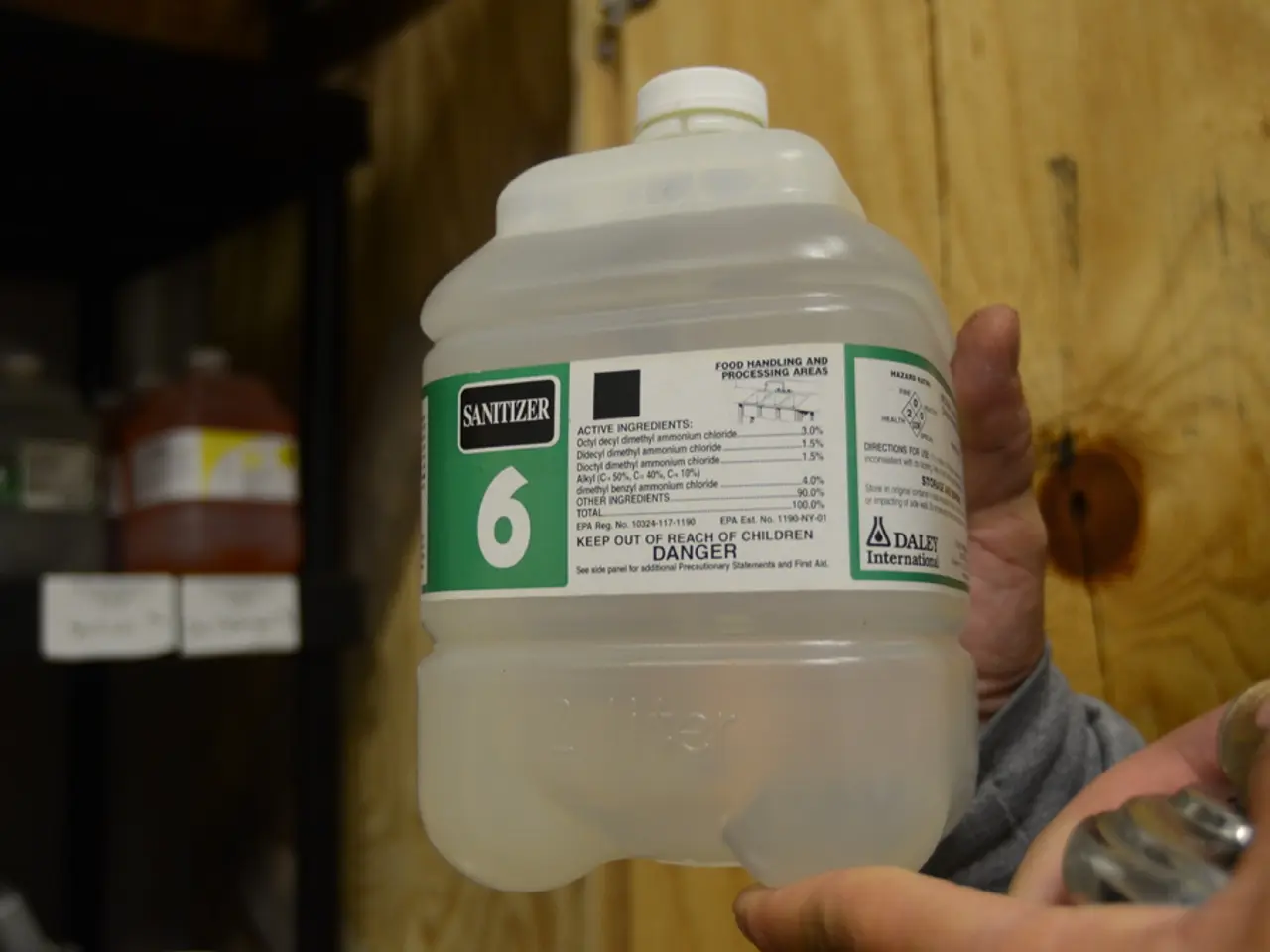🩸 Blood Donation Simplified: A Foolproof Guide for First-Timers in Germany
Prepared for your Initial Blood Donation with the Obtained Information
Looking to do a good deed and donate blood in Germany? Here's your step-by-step manual to becoming a stalwart blood donor!
👨⚕️ Motivation for Blood Donation
Now's your chance to make a real difference - donating blood can mean the difference between life and death! Kill two birds with one stone: enjoy a free, small health check during donation, complete with HIV and hepatitis testing, and secure a warm, fuzzy feeling of doing something extraordinary. Plus, you'll usually get a compensation of 20-40 euros and something tasty to eat and drink afterwards.
❓ Who Can Donate Blood?
If you're at least 18 years old, healthy, and weigh over 50 kg, it's likely you're eligible to donate blood! Don't worry about age; you can start donating blood at 60. However, there are some exceptions, such as pregnancy, certain medications, or recent dental procedures. The Blood Donation Service West of the German Red Cross offers an online check to find out if you're currently eligible.
🗺️ Locating Blood Donation Centers
Find blood donation centers near you on the "blutspenden.de" portal, operated by the Federal Institute for Public Health. You can make appointments in advance at some centers, while others welcome "walk-ins."
🍽️ Preparation for Your First Donation Appointment
Don't let the munchies ruins your donation day! Aim to eat a healthy meal, avoiding heavy or fatty foods to ensure the quality of your donation. Try having a light meal before you head to the donation center. Hydrate yourself well before your appointment, but not to the point of bloating.
🔬 Medical Screening
Upon arrival, fill out forms about your health and medical history, including medications you're taking, prior illnesses, and any tattoos or piercings. You'll then undergo a quick blood screening to check your hemoglobin level to ensure you're suited for donation.
🩸 The Donation Process
The donation process itself takes around an hour, but the actual blood draw only takes 10-15 minutes. A little over half a liter of blood is drawn from your arm vein. You'll feel the prick, but the sensation should soon subside once the needle is in place.
🥪 Post-Donation Goodies
Relax and enjoy some refreshments after donating blood - they're there to boost your circulation and energy levels! Don't forget to drink plenty of water to replenish the fluids you've lost.
🚫 Post-Donation Do's and Don'ts
Stay away from strenuous activities and intense exercise for at least 24 hours after donating blood. Past that, you should be good to go!
By observing these tips, you're well on your way to being a lifesaver in Germany! Donating blood may take only a small portion of your time, but it can make a world of difference for someone in need. 🌟🙌️
Note: The enrichment data includes tips on finding blood donation centers, eligibility criteria, and preparation for your first donation appointment, as well as recommendations for staying healthy and hydrated before and after donation.
The science of blood donation, a health-and-wellness practice, is simplified in this guide, providing first-timers in Germany with a comprehensive manual for donation. Additionally, the act of donating blood contributes to both personal health and wellness, as donors receive a free health check, HIV and hepatitis testing, and compensation, while also making a life-saving difference.




